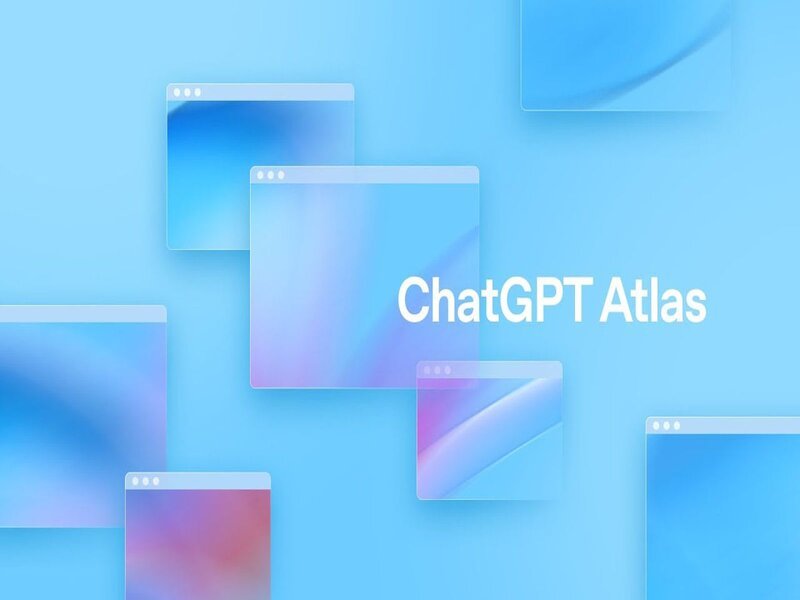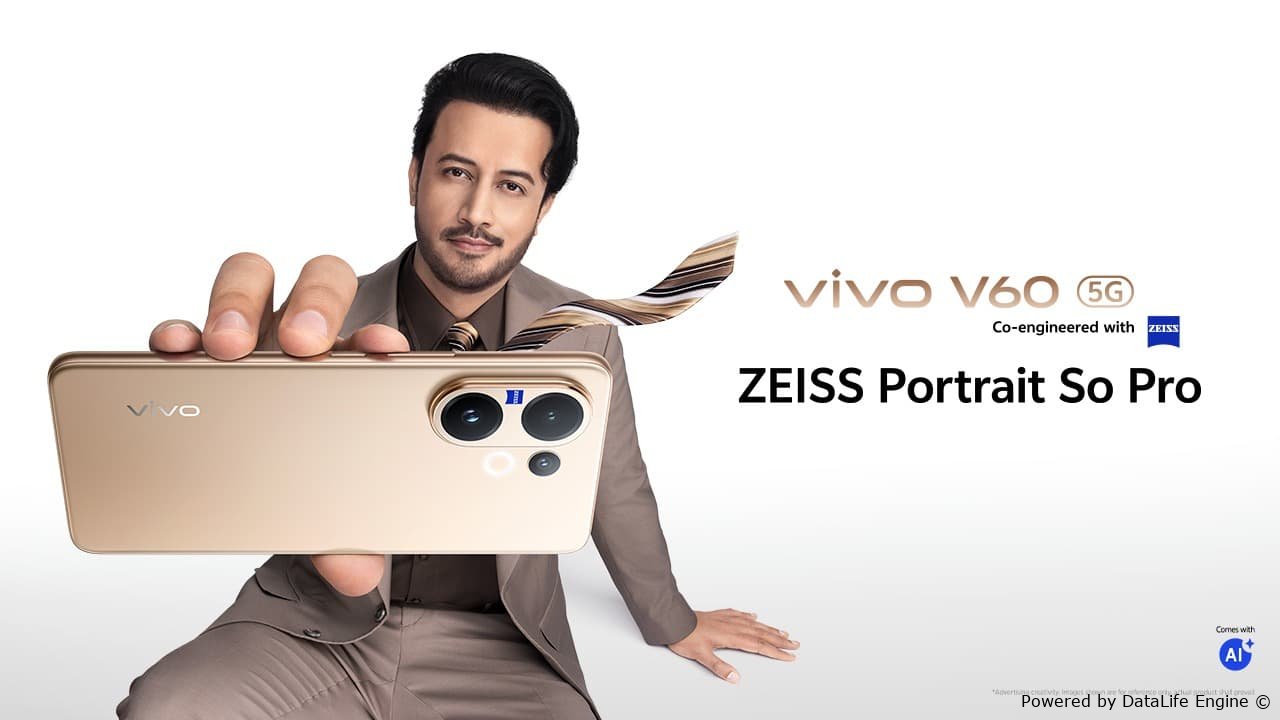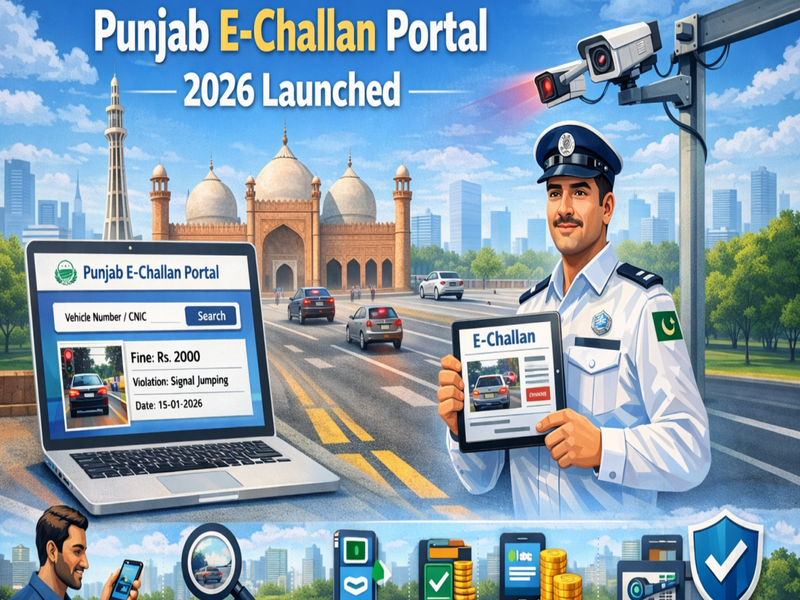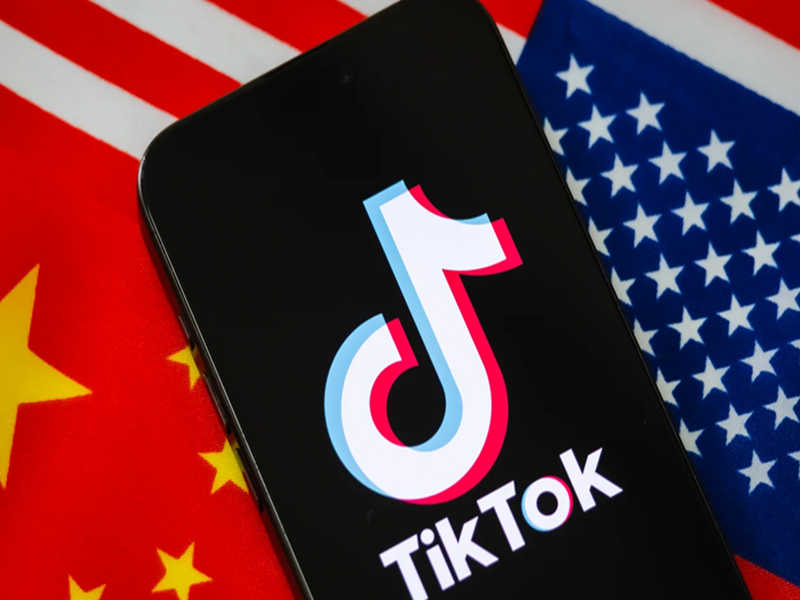OpenAI has officially launched its new web browser called ChatGPT Atlas, entering direct competition with Google Chrome. This AI-integrated browser redefines how users interact with the web by embedding ChatGPT directly into the browsing experience. Atlas is initially available for macOS users and will soon expand to Windows, iOS, and Android platforms. OpenAI CEO Sam Altman described the launch as a once-in-a-decade opportunity to reshape how people search, browse, and interact with information online.
ChatGPT Atlas is designed to merge artificial intelligence with everyday browsing. Instead of being a simple search tool, it integrates ChatGPT as a built-in companion that assists users in understanding, summarizing, and performing actions on web pages in real time. For instance, users can ask questions about the content they are viewing, compare products, summarize research, or even perform tasks like filling forms or managing lists through its advanced “agent mode” feature available to premium users.
Atlas is built on Chromium, the same engine that powers Google Chrome and Microsoft Edge, ensuring compatibility and familiar performance. However, its main advantage lies in deep AI integration. It brings a ChatGPT sidebar that remains accessible across websites, allowing users to interact with information without switching tabs. This creates a seamless browsing experience powered by generative AI.
The browser is being positioned as more than a browsing tool—it is an intelligent assistant that understands context, remembers preferences, and anticipates user needs. OpenAI estimates over 800 million ChatGPT users globally, giving Atlas a significant user base to build upon. Analysts believe that this move could reshape the future of web browsing by combining AI-driven insights with traditional internet navigation.
The potential impact of ChatGPT Atlas extends beyond convenience. With features like personalized recommendations, automated web tasks, and contextual understanding, it could challenge Chrome’s dominance by offering a smarter, more interactive experience. However, experts also point out potential challenges related to privacy and data management. Since the browser integrates browsing data with chat history, OpenAI’s approach to user data transparency and control will be critical in building trust. Users will have the option to enable or disable “browser memories,” ensuring control over what the AI remembers.
Atlas’s launch represents a strategic step for OpenAI as it expands its ecosystem beyond chat applications into full web experiences. It aligns with the broader trend of AI-driven search and navigation tools that aim to replace traditional search engines with conversational, context-aware systems. While the transition may take time, the innovation could redefine how users consume information online.
The rollout of ChatGPT Atlas will continue globally in phases, starting with macOS before reaching other platforms. Industry observers are watching closely to see how quickly users adopt it, how effective the “agent” features are in real-world applications, and how competitors like Google and Microsoft respond. Publishers and website owners are also paying attention, as AI summarization may affect traffic and engagement patterns across the web.
In essence, ChatGPT Atlas symbolizes the next generation of web browsers—one where artificial intelligence is not just an add-on but the foundation of the user experience. By turning the browser into a thinking, context-aware assistant, OpenAI is positioning itself at the forefront of the evolving digital landscape, challenging long-established norms of how people search, learn, and connect online.



































